ChatGPT “crashes” causing many young people to be confused about processing information, squeezing out each word because they haven’t used their brains for a long time, or even having entire meetings where employees sit in a daze. The story seems like a joke but is the current reality.
Artificial intelligence, especially generative forms of AI like ChatGPT, is rapidly transforming the news media landscape, profoundly affecting the processes of news production and dissemination globally. This change encompasses many different stages, from content creation to distribution and audience engagement.

How does artificial intelligence impact content creators?
Sharing at the seminar on the power of artificial intelligence for young media workers organized by the University of Social Sciences and Humanities on June 12, Mr. Bui Cong Duyen, Product Director of ONECMS Convergence Newsroom, NEKO Technology Joint Stock Company, said that major news agencies such as Associated Press (AP), Bloomberg and Reuters have widely applied automated journalism controlled by artificial intelligence.
“Automated Insights’ Wordsmith is a prominent platform used by the AP to generate thousands of financial reports each quarter, ensuring timely and extensive coverage. Similarly, The Washington Post has developed Heliograf, an artificial intelligence system that automatically generates articles for recurring events such as sports and election results, with speed and accuracy. Additionally, large language models such as OpenAI’s GPT-4 demonstrate the ability to generate complex, human-like news articles on a wide range of topics, understand context, and are flexible in various journalism applications,” Duyen said.
Additionally, AI helps personalize content and engage with audiences. The New York Times uses AI for personalized news recommendations, a strategy that has been crucial in driving their digital subscription numbers.
While personalization increases engagement and loyalty, it also runs the risk of creating “filter bubbles” or “topical silos.”
“The success of personalization in driving digital subscriptions highlights the direct impact of artificial intelligence on the financial sustainability of news organizations,” Duyen recommended.
Besides the “miraculous” effects that can help increase work efficiency many times over, it is undeniable that artificial intelligence can bring negative aspects. In recent years, especially with the advent of ChatGPT, young people can easily create content with just a few lines of code.
“Photos using deepfake technology attract millions of interactions and shares. TikTok channels with content produced by artificial intelligence have been launched in just a few months and have attracted huge views and interactions with numbers that many content producers and even major press agencies dream of. The effectiveness is real but on a “fake” platform, fake photos, fake information,” said Mr. Duyen.
Without ChatGPT, it's like "a fish out of the pond"
Not only that, over-reliance on artificial intelligence can also cause “real intelligence” – the human brain – to fall into a state of exhaustion when not active for a long time.
Prof. Dr. Hoang Anh Tuan, Principal of the University of Social Sciences and Humanities (Vietnam National University , Hanoi ) shared a story when in the past 2 days he read many cases of young people falling into a confused situation when the deadline came and ChatGPT suddenly froze and did not respond to commands.
They shared: A few years ago, skills such as searching for information, coming up with ideas, writing articles, and editing used to be familiar and quite easy. Now they have become difficult and a torture. Or even a meeting where employees sit in a daze because ChatGPT is down.
“The story sounds quite funny but it is a warning for everyone, especially young people who are preparing to step into life. Don't let "Without ChatGPT, I'm like a fish out of the pond". Apply technology but don't forget humanity. Applying technology is turning it into a tool, not replacing your brain", emphasized Prof. Dr. Hoang Anh Tuan.
According to Professor Dr. Hoang Anh Tuan, 100 years have passed, we are standing at the threshold of a new century, where journalism and media are not only a story of a profession, but also a problem of technology, ethics, and professional courage in a world that is constantly changing.
Entering the third decade of the 21st century, Vietnamese press and media are facing a rapidly developing digital era. Artificial intelligence, big data, virtual reality, Blockchain technology or automated media models are changing the entire media ecosystem. Every day that passes, we witness the emergence of new technologies, the renewal of information transmission methods, and especially the role of journalists and media workers is being re-positioned in that context.
Journalism in the digital age is not just about using technology, but understanding the nature of technology to create new value for content, for the community and for society. The power of artificial intelligence is enormous.
“But AI cannot replace the core qualities that make a true journalist: intelligence, courage, social responsibility and the desire to dedicate oneself to the truth. AI can help journalists create content, analyze data, personalize information - but it is humans who decide the direction of that content,” affirmed Prof. Dr. Hoang Anh Tuan.
Source: https://baohungyen.vn/dung-de-chatgpt-sap-khien-ca-cuoc-hop-ngo-ngan-ngo-3181764.html










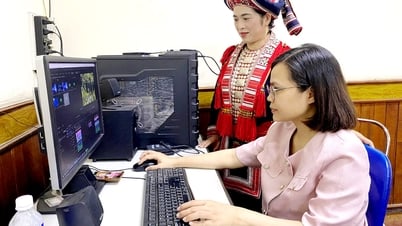





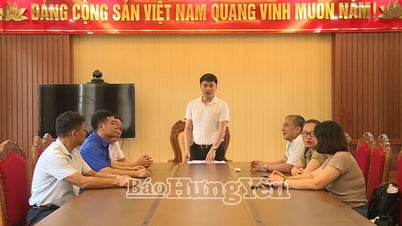
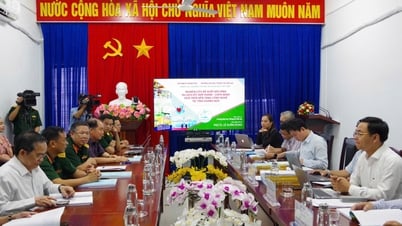






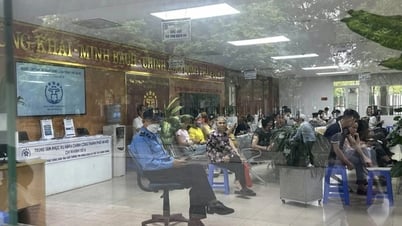
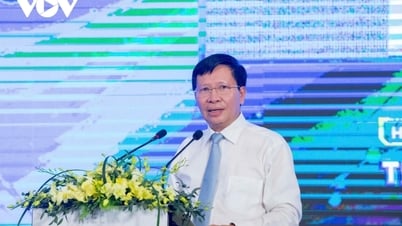


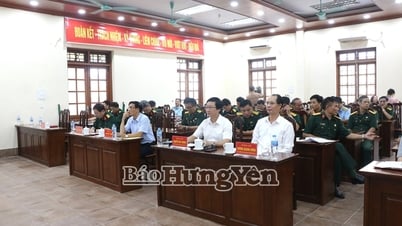
![[Photo] Prime Minister Pham Minh Chinh receives leaders of several Swedish corporations](https://vphoto.vietnam.vn/thumb/1200x675/vietnam/resource/IMAGE/2025/6/14/4437981cf1264434a949b4772f9432b6)




















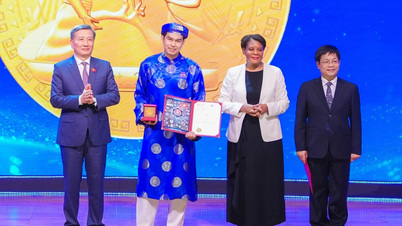












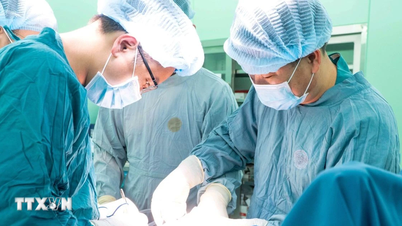









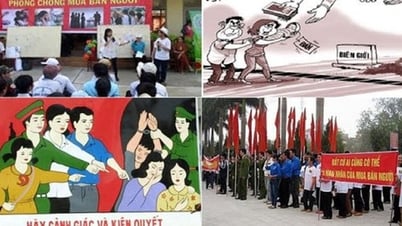
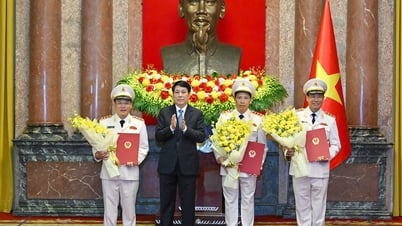

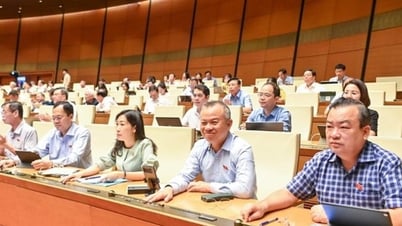

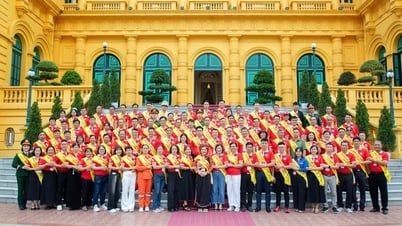



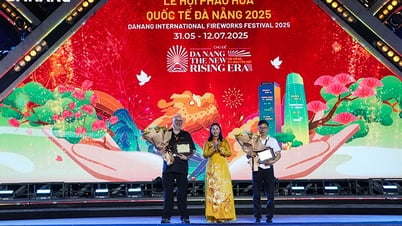










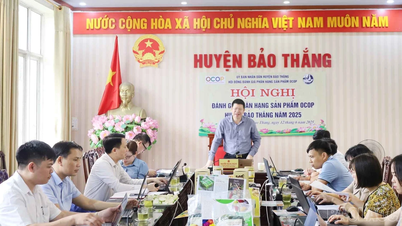




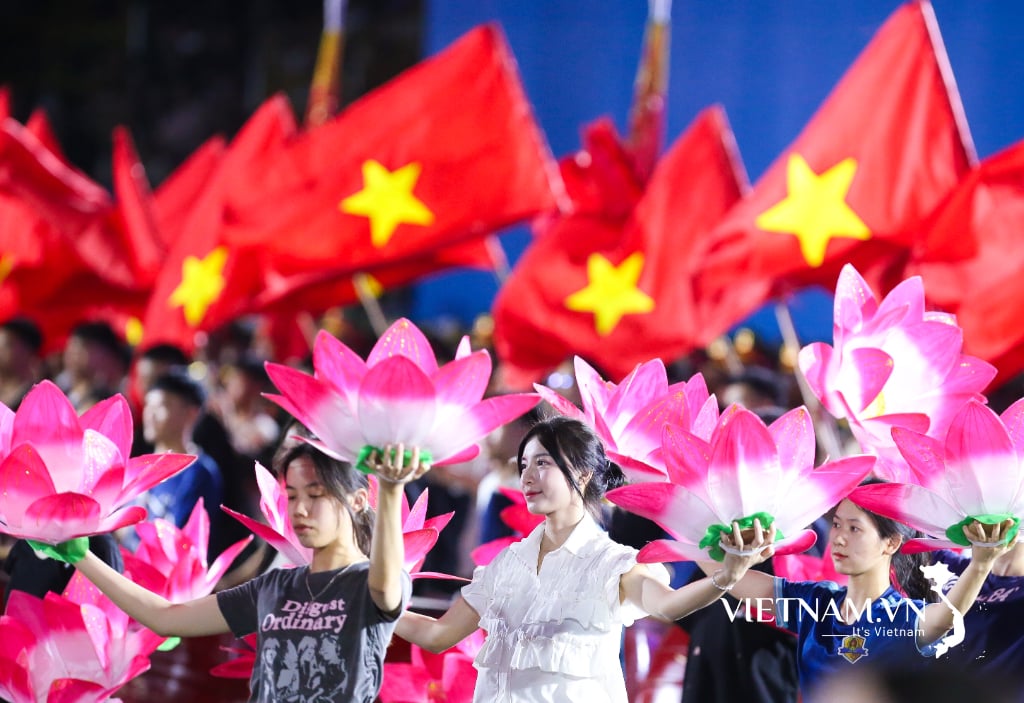

Comment (0)